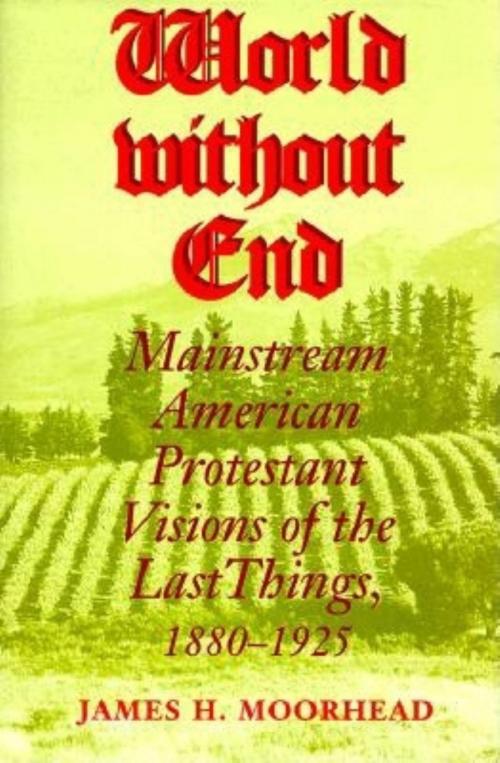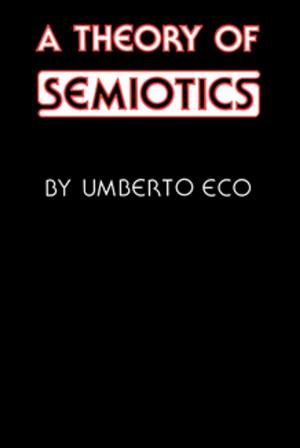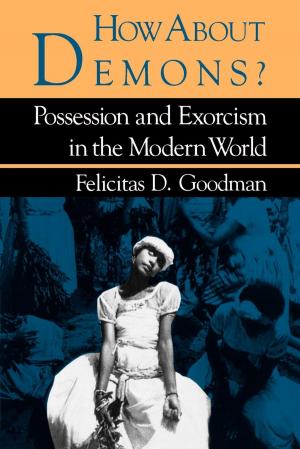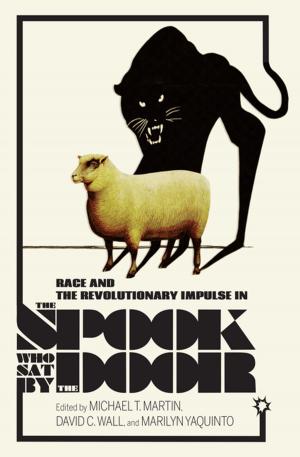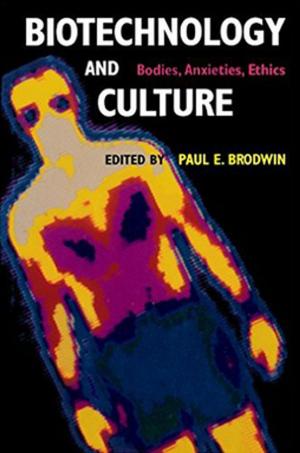World Without End
Mainstream American Protestant Visions of the Last Things, 1880-1925
Nonfiction, Religion & Spirituality, Reference, History, Americas, United States, Christianity| Author: | James H. Moorhead | ISBN: | 9780253028501 |
| Publisher: | Indiana University Press | Publication: | October 22, 1999 |
| Imprint: | Indiana University Press | Language: | English |
| Author: | James H. Moorhead |
| ISBN: | 9780253028501 |
| Publisher: | Indiana University Press |
| Publication: | October 22, 1999 |
| Imprint: | Indiana University Press |
| Language: | English |
"In this compelling intellectual and social history, Moorhead argues that for mainline Protestants in the late 19th century, time became endless, human-directed and without urgency.... Moorhead offers some brilliant observations about the legacy of postmillennialism and the human need for a definitive eschaton." —Publishers Weekly
In the 19th century American Protestants firmly believed that when progress had run its course, there would be a Second Coming of Christ, the world would come to a supernatural End, and the predictions in the Apocalypse would come to pass. During the years covered in James Moorhead’s study, however, moderate and liberal mainstream Protestants transformed this postmillennialism into a hope that this world would be the scene for limitless spiritual improvement and temporal progress. The sense of an End vanished with the arrival of the new millennium.
"In this compelling intellectual and social history, Moorhead argues that for mainline Protestants in the late 19th century, time became endless, human-directed and without urgency.... Moorhead offers some brilliant observations about the legacy of postmillennialism and the human need for a definitive eschaton." —Publishers Weekly
In the 19th century American Protestants firmly believed that when progress had run its course, there would be a Second Coming of Christ, the world would come to a supernatural End, and the predictions in the Apocalypse would come to pass. During the years covered in James Moorhead’s study, however, moderate and liberal mainstream Protestants transformed this postmillennialism into a hope that this world would be the scene for limitless spiritual improvement and temporal progress. The sense of an End vanished with the arrival of the new millennium.
